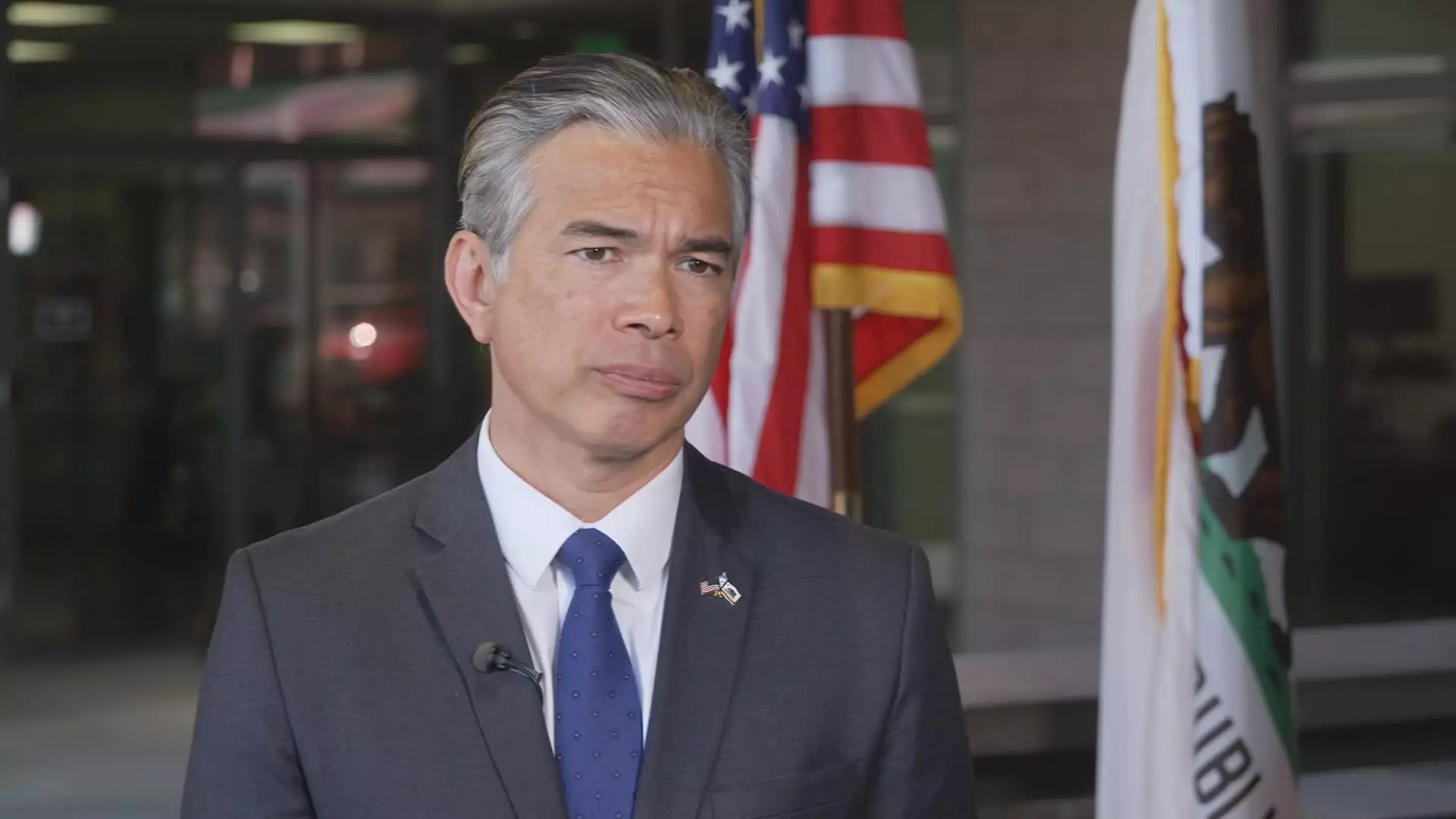California Attorney General Rob Bonta recently sent a warning to executives at social media and tech companies regarding the need to do more to safeguard voters from misinformation and deceptive tactics leading up to the November election. In his letter, Bonta emphasized the crucial role that social media platforms and artificial intelligence services play in providing news and information to millions of Californians, particularly during election periods.
Bonta highlighted specific sections of California law that prohibit any form of interference with voting rights, including misleading individuals about voting locations and times, as well as the use of intimidation strategies. The state law also explicitly restricts the dissemination of materially deceptive audio or visual media of candidates within 60 days of an election, with the intention of harming a candidate’s reputation or deceiving voters.
The letter from the Attorney General was prompted by incidents involving high-profile individuals like pop icon Taylor Swift and tech mogul Elon Musk. Swift’s endorsement of Kamala Harris for president was overshadowed by the circulation of AI-generated images falsely claiming that she had endorsed Donald Trump. Similarly, Musk shared an AI-generated image portraying Harris as a communist dictator, sparking controversy and highlighting the potential dangers of misinformation online.
Various advanced technologies, such as Google’s Gemini, OpenAI’s Dall-E and Chat GPT, Microsoft Copilot, and xAI’s Grok, have enabled users to rapidly create images and text based on prompts or questions. These tools have raised concerns due to their capacity to produce fake images of political figures, which can be exploited for deceptive purposes. Musk’s endorsement of Trump and the lack of restrictions on the use of such technologies further emphasize the need for increased vigilance against misinformation.
In light of these developments, it is clear that social media and tech companies must take proactive measures to prevent the manipulation of information that could undermine the integrity of electoral processes. Safeguarding voters from deception, intimidation, and dissuasion should be a top priority for these companies, as they hold significant influence over the dissemination of news and information. By upholding ethical standards and adhering to legal regulations, these companies can contribute to a more informed and empowered electorate.


Leave a Reply